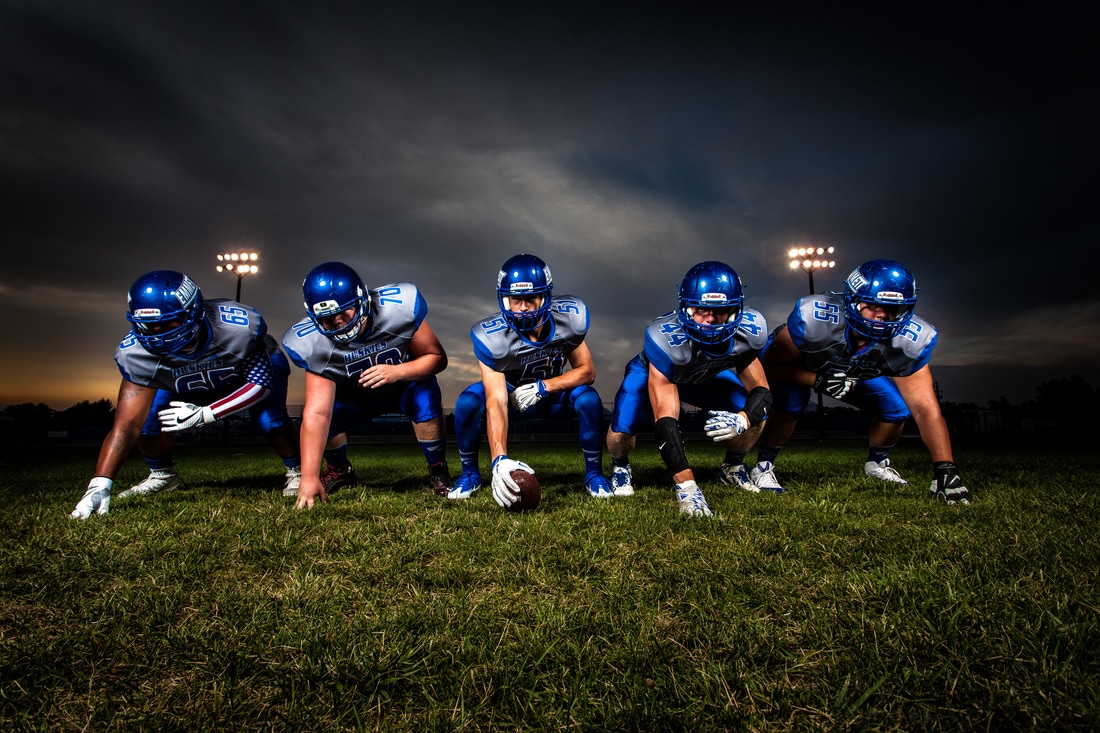|
LUKE THOMAS Vol 11, Issue 7 Once people figure out I’m from the US, they want to talk to me about two things: American politics or American sports. These people are generally well intentioned and if this were still 2014, I’d love to chat (as long as they’re buying my drinks). But nowadays, I can only say so much about the bombastic Cheetos-coloured fuckmuppet leading our country before the conversation gets too depressing and I’m drinking unsociably and they’re asking me to stop weeping on their shoulder...so…yeah, I try to talk sports. Except I only watch about three American football games a year so I don’t have much to say there either. In an attempt to be more American, I’ve combined my love of politics with an analysis of sports. American football is like American politics because:
→Mass-surveillance. No fake injuries. No getting away with illegal stuff like those jerks handballing in soccer. There are camera angles, drones, and slow-motion technology so the entire audience can judge your misdeed on the jumbotron. Shame! →Despite this, judges can make controversial calls. An overzealous team of Zebra-striped officials will view the same play but somehow provide widely contrasting interpretations, much like our Supreme Court decisions, which inevitably leaves fifty per cent of the crowd yelling “bullshit”. → Facts are political fodder in America, even in football The good folks at Boston University looked into what happens over time when you play a sport premised on knocking your head against someone else’s. Turns out it’s bad, and chronic traumatic encephalopathy (CTE) is now a widely discussed and researched medical problem in the NFL. But just like climate change research, this information will not interfere with public opinion, and you don’t have to travel far to find a quotes like the one I heard at a sports bar in my hometown: ‘If you don’t wanna hit, go play soccer with the grass fairies. What do those liberals know anyhow?’ (People in my hometown don’t ‘believe’ in climate change science either, in case you were wondering.) → The team is a collection of individuals. Unlike the German soccer team, the idea of ‘Die Mannschaft’ (the team) is not generally the driving marketing force in the NFL. Individual talent can sell jerseys better than team or city loyalty. Every sport has its standouts and legends, but American individualism combined with the obsessive culture of data-tracking in the NFL, means fans are drawn to the collective expression of individual talent. → Specialization. Following that, there are few, if any, virtuosos at this level. Gone are any ties it once had to Rugby. The NFL is the Ford assembly line of sports. On occasion, the NFL will draft an Aussie to punt, which means we give an elite athlete who is used to punting, tackling, and running at the same damn time only one job: stand here and kick the ball every 10-20 minutes when we need you. Now go sit down and rest that million-dollar leg. → The 1%. You can only get to this highly coveted, ludicrously well-paid position through a 3-5 year unpaid internship with the NCAA (aka playing college football). As a college student, your school will sell tickets to crowds of 70k people, and if your team is good enough the NCAA can merchandise your image for posters and video games. But college players don’t make an income from this until they are chosen as one of the lucky few who progress into the NFL. This is due largely to the rules that the NCAA made saying that paying college students would be against the NCAA rules (and keep in mind there are over 1000 NCAA institutions, each with over a hundred players, and there are only around 1,700 total spots in the NFL). As my college football coach told us, you’re a student-athlete, not an athlete-student. I didn’t complain at the time, though, because I didn’t feel there was a strong economic argument for being paid to play because I wasn’t very good.... → Team loyalty is consumer loyalty. Unlike Aussie Rules, there are no scarves in this sport. Team (or brand) loyalty goes a long way to selling Budweiser’s with team logos, hats, bumper stickers, and coffee mugs. There are entire stores in college towns dedicated to selling team merchandise. The more stuff you buy, the more you can show off during tailgate. → Ads. Lots of them, and some are pretty good. With complicated clock management and timeout rules, the distance between ad breaks can be 30 seconds sometimes. More breaks in football means more time to sell you stuff. And due to the way some of the ads are hyped, people will even put up with watching the game just to see the Superbowl ad breaks. → Dropping bombs…long distance passes, I mean. And so there you have it. I managed to have a conversation about American politics without mentioning our glorious leader, the neon-glowing spudman, once. And I’m not even crying, much. Luke Thomas is a third-year JD student The rest of this issue
Brainwashed Friend of the Best State
12/4/2017 12:41:26 pm
Go Vikings! Comments are closed.
|
Archives
October 2022
|



